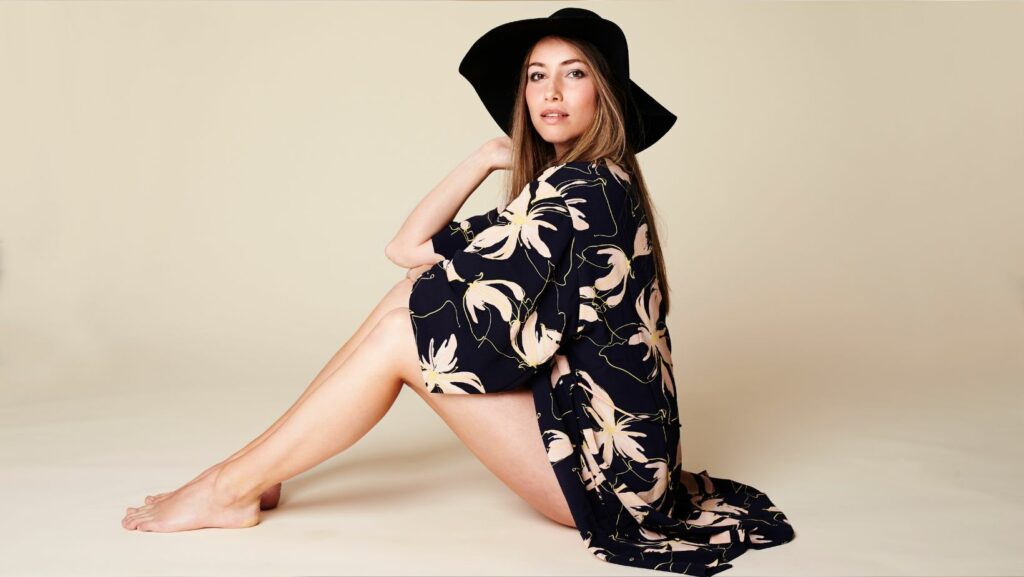Are you passionate about fashion and textiles? Discover the exciting world of fashion and textiles university courses. These programs offer a unique blend of creativity and technical skills, preparing students for dynamic careers in the industry. From design principles to sustainable practices, students delve into the latest trends and innovations shaping the fashion landscape.
Immerse yourself in a vibrant learning environment where you’ll explore the art of garment construction, textile design, and fashion merchandising. With experienced faculty and state-of-the-art facilities, these courses provide a solid foundation for aspiring fashion professionals. Whether you dream of becoming a fashion designer, textile engineer, or retail buyer, these university courses offer a gateway to a fulfilling and rewarding career in the ever-evolving world of fashion and textiles.
Fashion and Textiles University Courses
Overview of Course Content
 Fashion and textiles university courses cover a wide range of subjects essential for a successful career in the industry. Students delve into design principles, learning how to create innovative and aesthetically pleasing garments. They also explore sustainable practices, understanding the importance of eco-friendly materials and production methods in today’s fashion landscape.
Fashion and textiles university courses cover a wide range of subjects essential for a successful career in the industry. Students delve into design principles, learning how to create innovative and aesthetically pleasing garments. They also explore sustainable practices, understanding the importance of eco-friendly materials and production methods in today’s fashion landscape.
Additionally, students are taught garment construction techniques, mastering the art of bringing designs to life through meticulous sewing and assembly. Textile design is another crucial aspect, where learners discover how to manipulate fabrics, patterns, and textures to achieve desired aesthetic outcomes.
Key Skills Developed
Fashion and textiles university courses focus on honing key skills that are vital for success in the industry. Students cultivate creativity and innovation, crucial for designing unique and marketable fashion pieces. They also develop technical skills in garment construction, ensuring their creations are not only visually appealing but also well-constructed and durable.
Furthermore, courses emphasize sustainability, instilling in students the knowledge and practices necessary to create environmentally friendly fashion products. Communication and teamwork skills are fostered through collaborative projects, preparing students to work effectively in diverse professional environments within the fashion and textiles sector.
Top Universities Offering Fashion and Textiles Courses
Notable Programs in the US
 Parsons School of Design, New York City: Renowned for its fashion programs, Parsons offers a range of courses in fashion design, textiles, and fashion marketing.
Parsons School of Design, New York City: Renowned for its fashion programs, Parsons offers a range of courses in fashion design, textiles, and fashion marketing.- Fashion Institute of Technology (FIT), New York: FIT is a top choice for those seeking a comprehensive education in fashion and textiles, with programs covering design, merchandising, and management.
- Savannah College of Art and Design (SCAD), Georgia: SCAD is known for its innovative approach to fashion education, offering programs that focus on sustainability, creative design, and technology in textiles.
- Rhode Island School of Design (RISD): RISD’s textiles department is highly acclaimed for its emphasis on hands-on learning and experimentation in textile design and production.
- University of Cincinnati – College of Design, Architecture, Art, and Planning: This institution offers a diverse range of fashion programs with a strong focus on experiential learning and industry connections.
Career Opportunities After Graduation
Fashion Industry Roles
 Graduates of fashion and textiles university courses are well-equipped for diverse roles in the fashion industry. They can pursue careers as fashion designers, textile engineers, or retail buyers. These professionals play key roles in creating, designing, and merchandising clothing and textiles for various market segments. As fashion designers, they are responsible for conceptualizing and creating clothing and accessories, setting trends, and showcasing their creativity. On the other hand, textile engineers focus on the technical aspects of textiles, ensuring quality, functionality, and innovation in textile production processes. Retail buyers are responsible for selecting and purchasing products to be sold in retail stores, staying updated on market trends and consumer preferences.
Graduates of fashion and textiles university courses are well-equipped for diverse roles in the fashion industry. They can pursue careers as fashion designers, textile engineers, or retail buyers. These professionals play key roles in creating, designing, and merchandising clothing and textiles for various market segments. As fashion designers, they are responsible for conceptualizing and creating clothing and accessories, setting trends, and showcasing their creativity. On the other hand, textile engineers focus on the technical aspects of textiles, ensuring quality, functionality, and innovation in textile production processes. Retail buyers are responsible for selecting and purchasing products to be sold in retail stores, staying updated on market trends and consumer preferences.
Emerging Opportunities in Sustainable Fashion
With a growing emphasis on sustainability in the fashion industry, there are emerging opportunities for graduates with expertise in sustainable fashion practices. Sustainable fashion focuses on minimizing the environmental impact of clothing production, promoting ethical labor practices, and creating products that are environmentally friendly. Graduates with knowledge in sustainable fashion can explore roles in areas such as eco-friendly textile development, supply chain management, sustainable product design, and circular fashion initiatives. Companies are increasingly seeking professionals who can drive sustainable practices within the industry, making it a lucrative and impactful career path for graduates of fashion and textiles programs.



